Speakers:
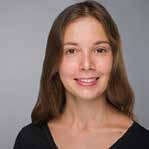 |  | 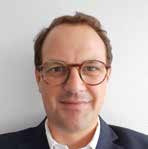 | 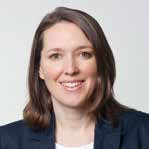 | 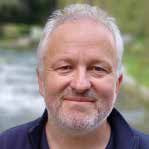 |
Ambre Marie Histe (PGE 15) | André Pitié (PGE 01) | Antoine Moniez (PGE 00) | Bénédicte Winter (PGE 09) | Frédéric Beaumont (Head of CESEM Program) |
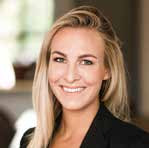 | 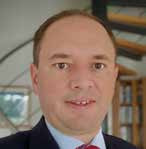 |  | 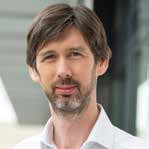 | |
Hannah Joos (CESEM 12) | Laurent Jaffart (MBA 01) | Petra Beer-Michaud (CESEM 98) | Victor Morel (PGE 04) |
Less appealing at first sight than other countries, germany has a lot to offer, say the alumni who live there: a dynamic job market, good infrastructures, and several attractive cities. As the country is forming a new coalition, alumni share their insights on the key challenges facing the country in the coming years.
You'll love Germany
Contrary to France where most of the economic activity is concentrated in Paris, Germany is a decentralised country, with several middle size cities that offer well paid employment opportunities says Victor Morel (PGE 04), Strategic Projects Lead for Google Cloud: “The job market is really dynamic. As the German population is aging, the country needs immigrants, so it is not difficult to find a position, especially in the technology sector”. Overall, the strongest European economy offers opportunities in a lot of different industries: “Hamburg is known as the city for trade and media, Frankfurt for finance, Munich for technology and auto manufacturing and Berlin for service- related start-ups” he adds. Moreover, says Petra Beer-Michaud (CESEM 98), an independent marketing beauty consultant, you should expect to move inside the country during your career: “In cosmetics for example, a lot of companies are to be found in Düsseldorf, but Munich is also a big hub” remarks the founder of The Beauty Brand DoctorTM. In terms of salaries, most alumni say they tend to be 15-to-20% higher than in France, though one should prepare for high taxes.
In Berlin, the biggest city in Germany with 3 million inhabitants, André Pitié (PGE 01), chief marketing officer of Elo Games, and Animator of the German Tribe of NEOMA Alumni, describes a “vibrant start-up scene” in need of skilled workers. The founder of trombi.com came to Berlin in 2006 when the German branch of the American website classmates.com purchased his company. Overtime, he came to enjoy the Berlin atmosphere so much that he became a German citizen: “I am gay and out and I feel much safer and respected here than in Paris. Big start-ups are very active on the topic of diversity, and monthly meetings are organized for LGBTs called Unicorns in Tech” he says.
A more traditional approach to motherhood
One thing for families to consider is the childcare system, less developed than in France and unavailable in most places until the first year of the infant: “In France if you have a child and find yourself not working, people think you are lazy, but in Germany people consider that mothers should be working part time” summarizes Petra Beer-Michaud. Even after children enter primary school, they need to be picked up much earlier than in France, around 3 pm. The positive side: the possibility to take a one-to-three-years parental leave, paid at 65% of the salary after tax, for up to 1800 euros. “For me it was great because I wanted to combine work and family life” says Bénédicte Winter (PGE 09), a senior Manager for Germany Trade & Invest. The working mother took nine months off to look after her first child and one year for the second, and is now working part time, an arrangement many companies offer. “A lot of women in Germany switch to part time after they become mothers” confirms Victor Morel. “My wife went back to work full time after our child turned a year old, but she was the exception in our Kita, the German kindergarten” he adds. However, the situation is slowly changing, especially in more liberal cities like Berlin or Hamburg. The objective: to support working mothers while also creating incentives to increase the fertility rate, one of the lowest in Europe. The situation has already improved a lot from what it was 25 years ago, from 1.25 children per woman to 1.54. The opening of the country to immigrants, Turkish and more recently Syrians, has also contributed to increase this figure.
Discover the rest of this survey and the opinion of our alumni on site in the digital version, completely free!
Read all
Did you like this article? So that we can continue to offer you content on NEOMA and its news, join NEOMA Alumni!

Comments0
Please log in to see or add a comment
Suggested Articles


